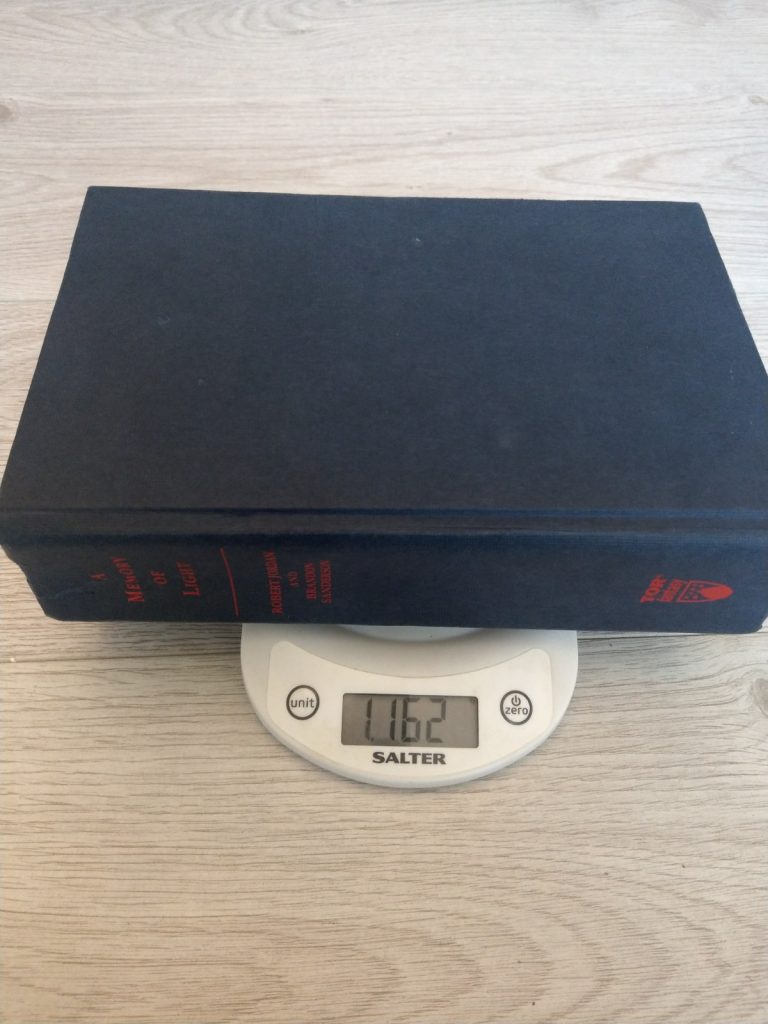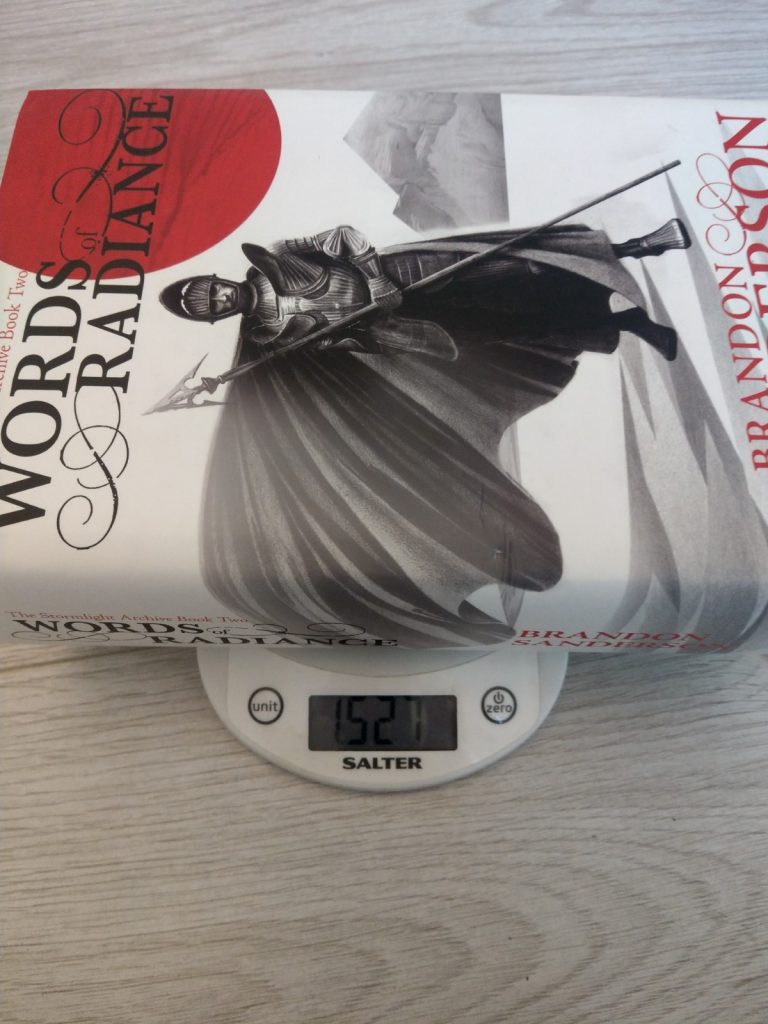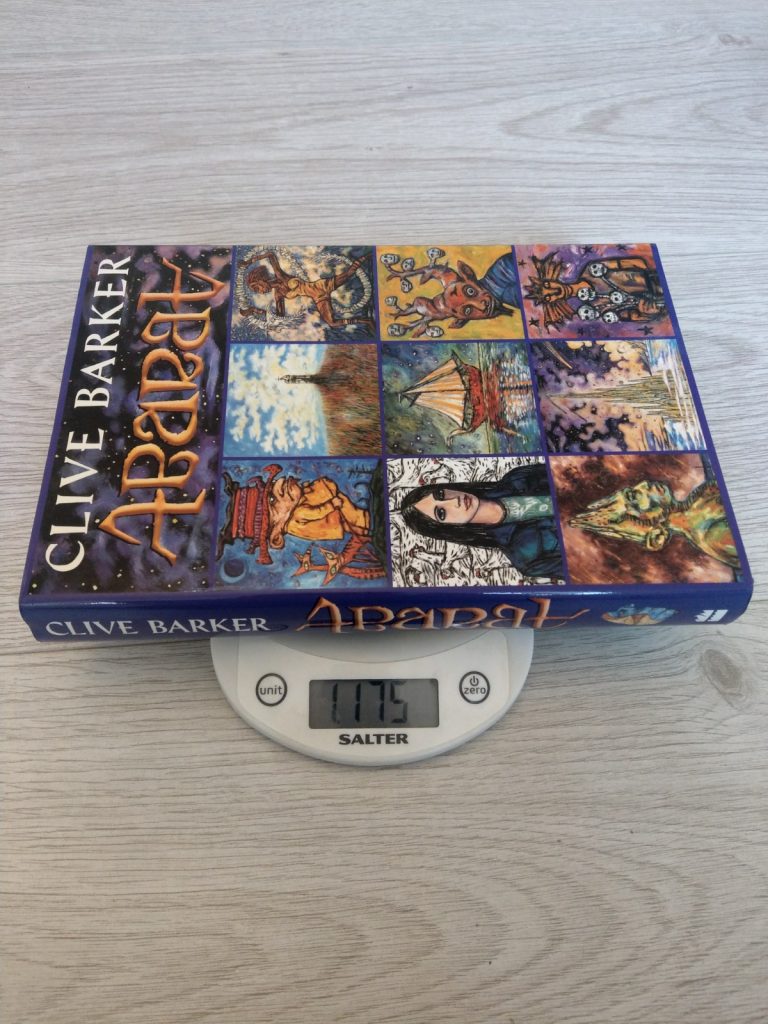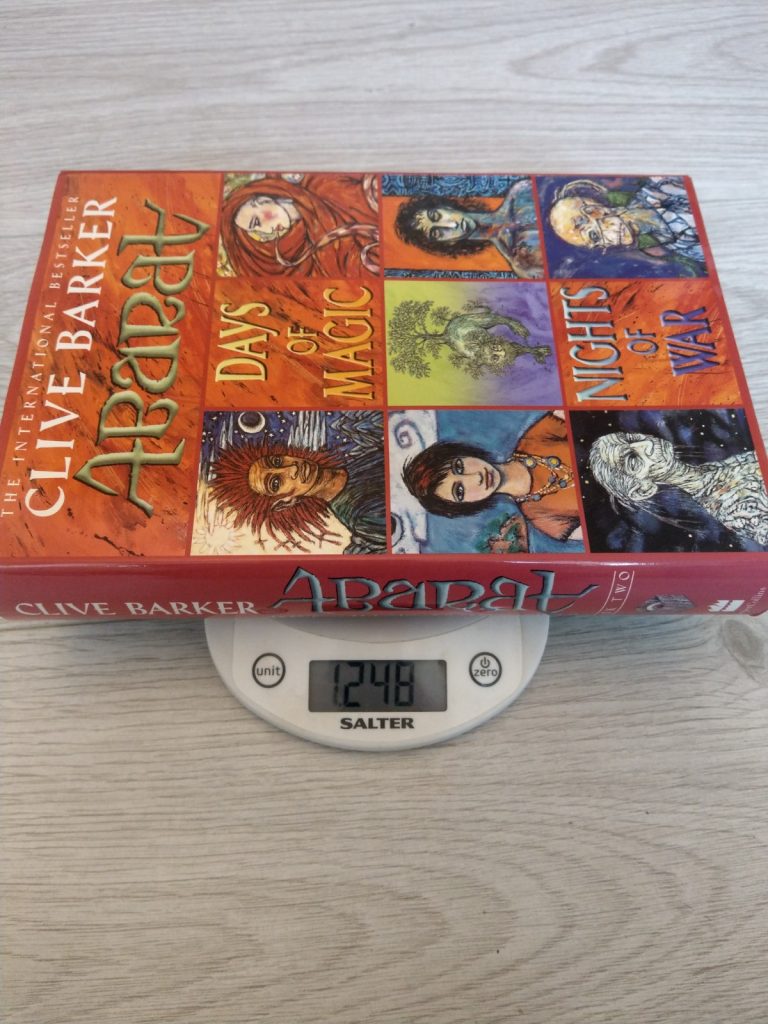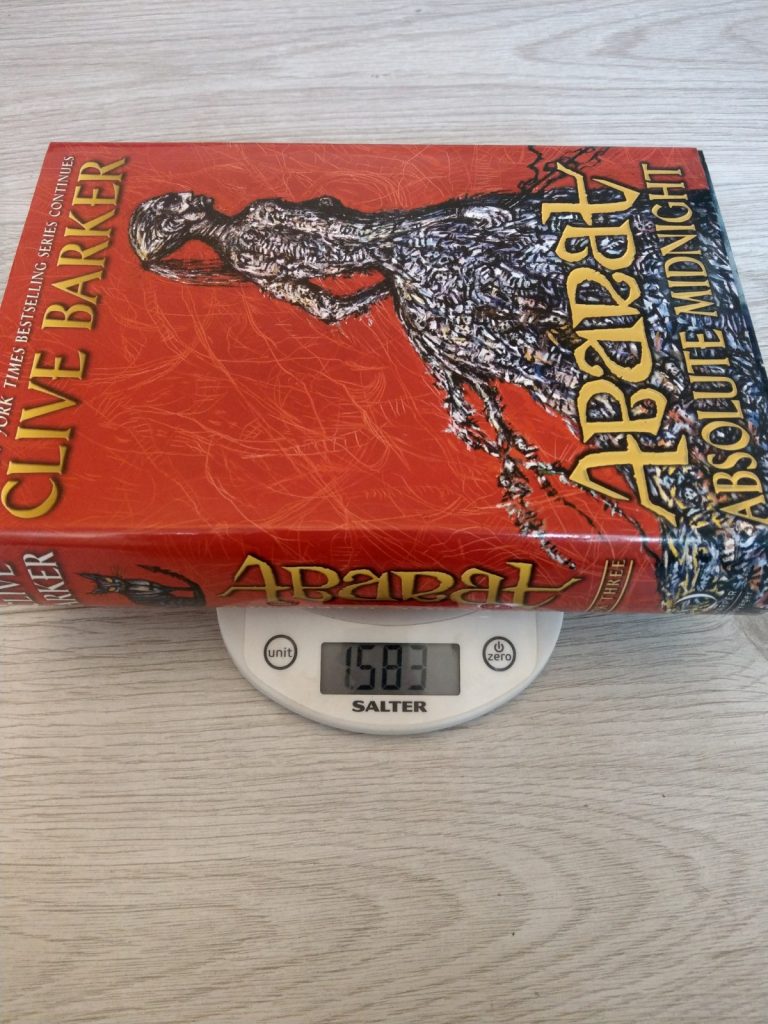(And no, not the teenager’s magazine)
When I was at school, I took a very bizarre set of A-Levels, eventually swapping Maths for Sociology after a few weeks of trying out statistics. The head of our sixth form asked me exactly why I’d do something like that, to which I replied ‘I want to know why people do things’.
Well, Sociology didn’t really help with that, and to be honest, neither did my Psychology degree, but I tried my best – and took a number of Philosophy modules at the same time. After graduation, I thought I’d missed a trick by not studying more Philosophy, so threw myself into more studying – but I found it all quite abstract and theoretical. It took me a long time to realise that what I needed was a much more personal explanation and reasoning – perhaps only for my own actions and thoughts, rather than rules that ‘should’ or ‘could’ apply to others.
However, literature has also provided me with a couple of very simple ideas that I’m quite fond of. The first of these is one that a lot of you will already be familiar with – Journey before Destination, from Brandon Sanderson’s Stormlight Archive. It’s an excellent sentiment, and whilst perhaps not an entirely realistic one (any fans of 24 would certainly disagree in favour of a more Utilitarian argument) I’m a fan. I do believe that pursuing goals can be valuable, but since we spend a lot more time journeying than arriving, a purely goal-oriented view of life can be extremely harmful. After all, life is something of a journey, and how we spend that journey is definitely more valuable than the end destination!
My second favourite is Choose Again, from Dan Simmons’ Endymion duology. We grow up with so many fixed views on what is right and wrong, good and bad, shameful or worthy of respect, that often we forget that these views came from older times, times when we were children, or that they were inherited from people with blinkered views. Choose Again doesn’t necessarily mean choosing something different, but it does mean periodically revisiting the choices that you’ve made, as a (hopefully) increasingly-wiser adult. If you choose the same thing again, then that’s great. If not – then hopefully you’re choosing something better.
I’m not saying that these are the only principles that guide my life, but they’re certainly two that I value. I’d be intrigued to hear yours.

